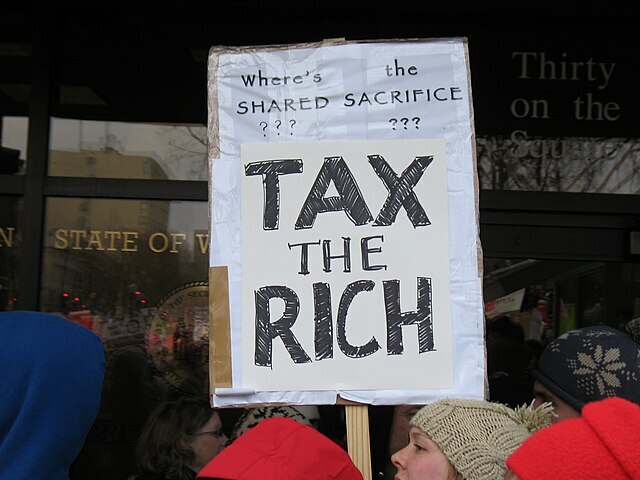You have to admire the audacity of Robert Bush and the Arts and Science Council (ASC) for their campaign to increase the sales tax in Mecklenburg County by a quarter-cent. They are seeking a $50 million tax increase to cover a desired $20 million increase in government funding for the arts, which is $18.7 million more than recommended by the Charlotte-Mecklenburg Cultural Life Task Force in 2014. Can you think of another investment, besides a well-timed bet on Bitcoin, that has gone from $1.3 million to $50 million as quickly?
Council propaganda claims the “Cultural Sector has never fully recovered from the 2008 Great Recession,” even as it acknowledges the problem is ASC’s obsolete fundraising model. Rather than adjust and adapt as organizations such as the United Way of Central Carolinas have, the ASC is clinging to hopes of restoring its past glory. Former president Robert Bush continued to take an annual salary over $200,000 per year as recently as 2017. In contrast, the United Way, which sold its headquarter building in December 2017, has cut operating expenses by $1.6 million over the past two years and is giving half as much in monthly payments to its grant recipients over the next 18 months than it did last year. Workplace giving campaigns through middlemen like the Arts and Science Council or United Way is not how people want to make donations anymore.
The Charlotte Observer editorial board suggested providing $15 million from the tax hike to the Arts and Science Council and using the other $35 million for affordable housing. County commissioners debated a number of alternatives before settling on a massive $24.5 million share for the ASC, $15 million for county parks and greenways, $8 million for Mecklenburg County Schools teachers, and $2.5 million as a payoff to the towns of Cornelius, Davidson, Huntersville, Matthews, Mint Hill and Pineville for their parks.
This new money is not guaranteed for any of the proposed recipients. Revenue from the quarter-cent sales tax, by law, must go to the county’s general fund and cannot be earmarked for any purpose. Voters in Buncombe County recently learned this lesson after passing a similar sales tax in 2011 for new and renovated buildings at Asheville-Buncombe Technical Community College. Almost immediately, county commissioners began using the tax revenue to plug holes in the county’s operating budget. Since July 2013, Buncombe County commissioners have transferred $15 million from the sales tax to the general fund. The John Locke Foundation’s Michael Sanera was among the voices warning that the tax hike would be a blank check, despite the promises of elected officials and local boosters who championed the tax increase.
Even those who value the arts should question the funding priorities of the Arts and Science Council. On the one hand, the council has given annual gifts in excess of $500,000 to established organizations such as the Charlotte Ballet, Children’s Theatre of Charlotte, Charlotte Symphony, Discovery Place, Opera Carolina and the Levine Museum of the New South. On the other hand, the Charlotte Agenda reported that the council also gave “$11,500 to the Gay Men’s Chorus of Charlotte, $5,000 to the Charlotte Dragon Boat Association and $5,550 to Grey Seal Puppets in 2016.”
Mecklenburg County voters should question the value of giving money to an organization with an overpaid president overseeing an outdated method of fundraising. The sweeteners offered by county commissioners for teachers and town governments have an expiration date. People have already found that the best way to support the arts and culture in Mecklenburg County is to give money directly through donations and ticket purchases. It is time for the Arts and Science Council to reconsider its value and mission rather than asking for a government bailout 2.5 times larger than its annual budget.


